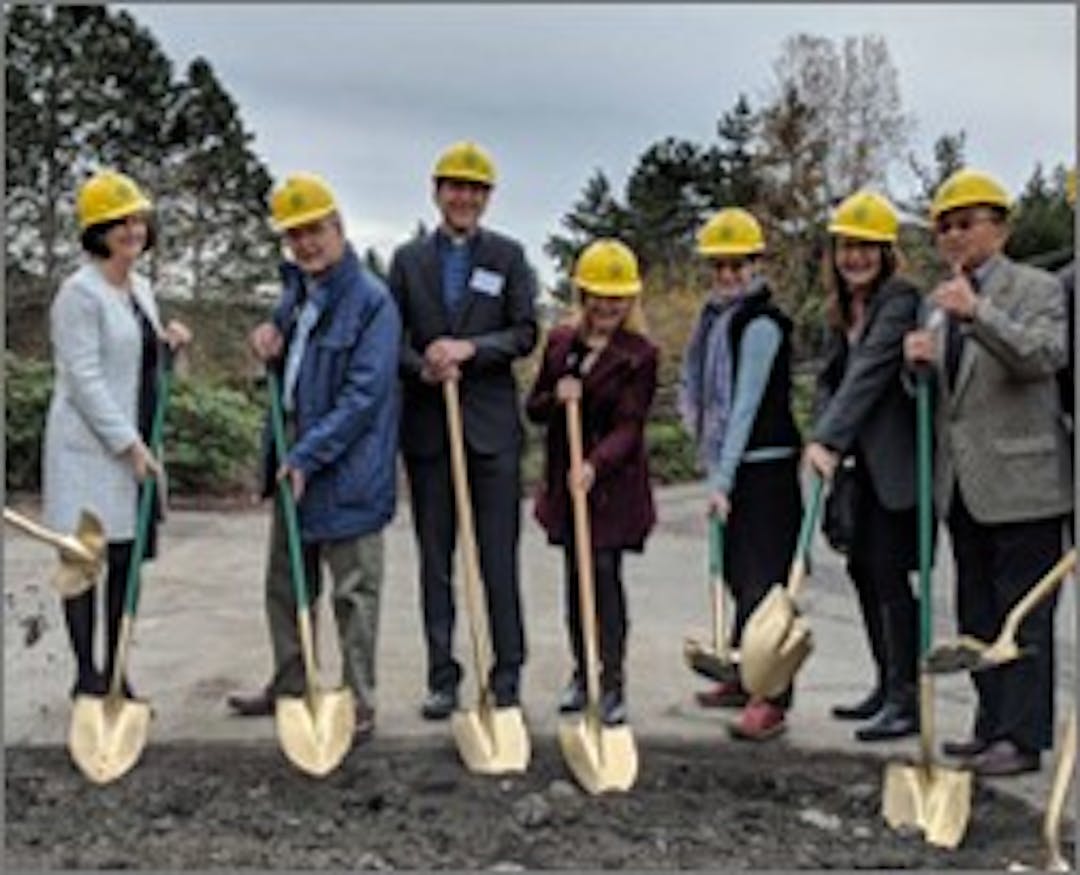Affordable Housing Strategy

The city’s Affordable Housing Strategy was adopted in 2017 and sets a goal of creating 2,500 affordable homes over ten years. The Strategy outlines 21 actions the city should take to preserve and increase affordable housing. Action C-1 calls on the city to make it easier to build affordable housing on land owned by public, non-profit housing, and faith-based organizations. This action could result in 200 to 1000 units of affordable housing .
In December of 2020 the Bellevue City Council approved an update to the comprehensive plan that provides a density bonus to affordable housing developments on select faith-based, housing non-profit, and public owned properties.
In 2021 we are working through the details of crafting new Land Use Code. Here's where you can ask a question, leave a comment, and find out more about the process.
Leave a Comment
My huge concern revolves around finding affordable housing for those with disabilities. We are currently low income. My son who is intellectually disabled just turned 18. Everyone tells me get on the Section 8 list for my son, but it open just before he turned 18. And even if I filled it out, it is only for one person. My son does not yet have the skills to live completely on his own. So his unit right now is me his guardian and paid care provider and my husband. I had to resign my para-educating career of five years to educate my own child, because the school failed him during closure and in actuality was failing before the closure. So now I am his teacher as well. We cant get our son on SSI until we finish the guardianship process which should conclude the first week in October. My son turned 18 in March and because we are poor I had to do the guardianship all on my own, pro se, Every aspect of my sons life I am trying to navigate at the moment, without losing housing. How we supposed to find low income housing that does not separate us as a family?
In response to "making it easier to build affordable housing on land owned by non-profit housing and faith-based organization" three thoughts.
1. Who owns the land should be irrelevant if a recorded long term land use restriction is put in place to limit the use to affordable housing.
2. It is critical that any definition of "land owned by non-profit housing" include a tax credit limited partnership that has a general partner or co-general partner that is a non-profit entity. That way a group can take the benefits offered to sites for affordable housing and apply to site a they intend to buy, but may not own until the closing of financing (a step that requires building permits and entitlements).
3. THINK BIG. Small changes here will not get you results. Small incremental differentials in density won't do it. Needs to be big.



